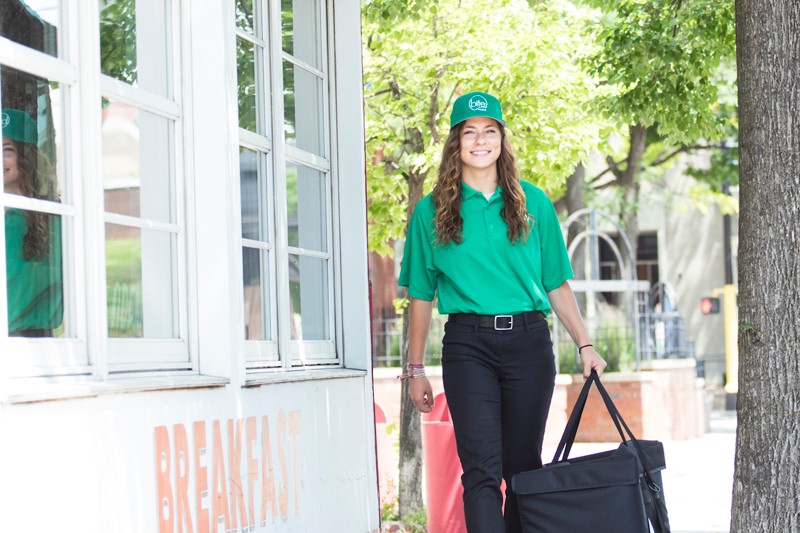Food delivery platforms in China are facing a significant challenge due to being understaffed and having overburdened couriers. With as many as 60 million orders being processed daily, platforms like Meituan rely on over seven million delivery couriers to fulfill these orders. This immense scale and complexity make it difficult for platforms to quickly respond to surges in demand, especially during extreme weather events like heat waves. As a result, existing food couriers are often required to take on more orders and work longer hours in challenging conditions.
Research conducted on a food delivery platform in China revealed the struggles faced by couriers during extreme weather events. Analyzing data from 2015, which included over 580,000 orders and 1,272 gig couriers from Shanghai and Hangzhou, highlighted the challenges faced by couriers in meeting the demands of the growing industry. At that time, the on-demand food delivery industry in China was still in its early stages, focusing primarily on the delivery of food items, which allowed for a more in-depth analysis of the courier experience.
To address the challenges faced by couriers during extreme weather events, platforms and governments have implemented various strategies. For example, Meituan in China has set up mobile vans in high-risk cities like Shanghai, providing couriers with essential items like iced drinks, sunscreen, and raincoats. The Shanghai government has also established thousands of service stations to offer relief to couriers during heat waves. In New York City, Grubhub has partnered with e-bike rental platform JOCO to create indoor rest areas for couriers and provide access to occupational accident insurance. Similarly, Zomato in India launched the Shelter Project, constructing rest spots with amenities for delivery agents.
In addition to providing immediate relief to gig couriers during extreme weather events, platforms and governments need to implement policy changes to better protect these workers. While there have been some positive steps taken, such as Singapore’s plans to introduce the Platform Workers Bill by 2025, which aims to offer work injury compensation and union-like representation, there is still progress to be made in this area. For example, Vietnam’s Grab App attempted to introduce a heat wave surcharge in 2022 but later cancelled it following concerns from a consumer watchdog.
Overall, addressing the challenges faced by understaffed platforms and overburdened couriers during extreme weather events requires a multi-faceted approach that includes providing immediate relief to couriers, implementing policy changes at the governmental level, and fostering a supportive and safe working environment for gig workers in the food delivery industry. By working together, platforms, governments, and stakeholders can create a more sustainable and equitable future for gig couriers in the rapidly growing on-demand food delivery sector.



















